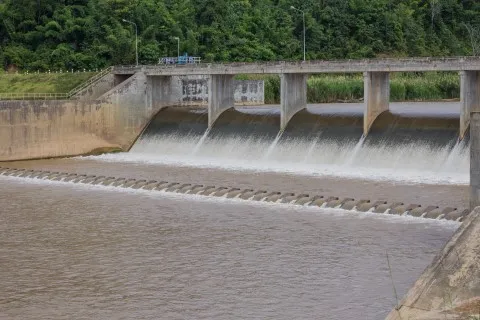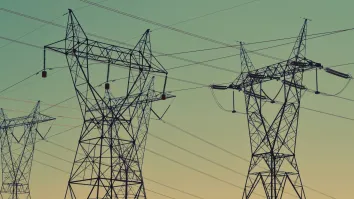
Mini-hydropower's potential gains ground in Malaysia
Fifteen bidders were awarded 176.79MW of capacity in December 2019.
Even as solar power gets overwhelming attention in Malaysia, other investors look into other resources to boost their renewable portfolios. Of all the other renewables, mini-hydro is rising to have the next best potential after solar, according to RAM Ratings.
“Given the country’s hilly topography and ample rainfall, mini-hydro plants have the next best potential to help Malaysia achieve its renewable energy target,” the firm said in a report.
Currently, mini-hydro plants make up 71MW of Malaysia’s renewable energy capacity, and are placed next to solar (282MW) and biomass (783MW).
Mini-hydro’s potential is already translating into bidding interest. In December 2019, the Sustainable Energy Development Authority (SEDA) awarded 15 bidders with a total installed capacity of 176.79MW, at an average bid tariff of 6.1 cents (25.89 sen) per kWh, under its e-bidding programme for mini-hydro projects.

Kangsar Hidro Sdn Bhd, as well as the joint ventures of Malakoff Corporation Bhd and Touch Meccanica Sdn Bhd, are deemed the biggest winners; they have separately been awarded 60MW and 55MW. The projects are anticipated to begin commercial operations by 2H 2024 under 21-year renewable energy power purchase agreements (REPPA).
Whether this potential will extend in the long-term or not will be tested through SEDA’s 116MW mini-hydro quota in January 2020, with expected commercial operations in 2H 2025.
In the current regulatory framework, mini-hydro developers are not exposed to demand risk as fixed energy payments are their current sole source of revenue. The off-takers must also accept and purchase all the energy generated, up to a pre-specified quantity known as maximum metered renewable energy for mini-hydro, as stipulated in the PPAs or REPPAs.
“This priority of despatch enjoyed by renewable energy producers moderates the absence of fixed availability-based revenue, which is typically earned by thermal power plants. The operating requirements are also undemanding; RE producers will only be penalised if they fail to deliver 70% of their declared annual quantity,” RAM Ratings said.
Even with the absence of demand risk, construction challenges are present as the projects may demand extensive civil works, especially if they are located in remote areas. “That said, the risks can be largely alleviated by on-site geological and hydrological studies with appropriate plant designs, experienced contractors and adequate contingency sums set aside by the sponsors,” RAM Ratings noted.



















 Advertise
Advertise





